Executive Spotlight: Eugene Lee, Knotel
Eugene Lee sheds light on company strategy and details his return to the private sector from senior government positions.
As a custom office space provider, Knotel has more than 100 locations in New York, San Francisco, London, Berlin and Sao Paulo in Brazil. In December, Knotel expanded its New York City presence with four new office leases totaling 78,780 square feet. The largest lease inked was a 51,000-square-foot space at Rosen family’s 27 W. 23rd St., which encompasses the entire second and third floors of the building. Knotel was represented by Elie Reiss of Skylight Leasing and the landlord was represented by Danny Breiman of Olmstead.
Eugene Lee, Knotel’s global head of real estate and business development, oversees sourcing and negotiation of management partnerships, leases and purchases, as well as global market expansion, corporate development and enterprise business development. Prior to working for Knotel, Lee served as a senior advisor for economic development in Mayor Bloomberg’s administration, was chief of staff & senior advisor for the U.S. Department of Commerce in D.C., and worked at Knewton, an adaptive learning tech provider.
What led you to Knotel?
Lee: The opportunity to help build a company and product that solved a huge problem. When I worked at City Hall during the Bloomberg administration, we constantly heard from emerging companies and entrepreneurs about the pain and expense of finding office space. While we couldn’t easily address the issue then from a policy perspective, Knotel is the solution that will change how all companies consume office space.
What are the main responsibilities of your job?
Lee: I’m responsible for the supply side of our business—basically everything related to our buildings. Our team has grown the footprint to what it is today, and is sourcing and negotiating deals around the world with more cities to come. We design and build our spaces, as well as manage them on an ongoing basis. What’s exciting is that in addition to driving strategy, we also get to manage the implementation and execution of everything involved in the building’s lifecycle. Top of mind for me though is how to best attract, motivate and retain a large, distributed team to drive towards the right outcomes for our business and our clients.
How did your past experiences—especially working for Mayor Bloomberg’s administration—prepare you for this role?
Lee: Mayor Bloomberg is New York’s most successful founder, and working for him was inspirational. He approached managing the city similarly to how I imagine he runs his company—providing strong leadership, relying on data and attracting the best and brightest to work on transformative projects. It is just as important for startups to create a culture of setting high standards, and giving talented people the opportunity to lead and take risks to meet those expectations. At the same time, it’s important to understand that no one is irreplaceable, and to recognize and take decisive action when things are going awry.
Knotel is transforming the office market with its Agile HQ platform for companies. Tell us why this is such a game changer.
Lee: Knotel is the real estate solution for companies that need office space—which is all of them. It’s a very simple yet game changing concept. Signing leases, building and managing spaces, and moving offices has always been painful for companies of all sizes, but there’s been no better alternative. Knotel is the answer, offering access to flexible office on demand. CEOs don’t have to become experts on leasing or construction, and don’t have to worry about perfectly predicting their needs for artificially long-time horizons that don’t match their business plans. The freedom to grow or contract your office as your business changes is incredibly freeing.
How would you characterize 2018 and the growth the company experienced?
Lee: As the creator and market leader in the category of flexible office, we executed our plan to achieve tremendous growth on every metric possible in 2018. We have over 100 locations around the world, with more sites in New York and San Francisco than other better capitalized, longer established competitors. We are building a strong presence in London, planted a flag in Berlin and Los Angeles, and announced our entry into Brazil. We grew the company to more than 250 people, and are serving hundreds of companies, including some of the world’s largest.
Why are New York, San Francisco, London and Berlin the Big Four in terms of real estate markets?
Lee: New York is the world’s most important office market, and it was a natural place to begin as our base and largest market. San Francisco is obvious because of the startup ecosystem with a density of fast growing companies that would benefit from the flexibility of Knotel. The London office market is ahead of the curve with regard to flexible office space, while Berlin is an increasingly prominent office market. However, these cities are just the beginning, and we will be in many more by the end of 2019.
What is the company’s development strategy for 2019?
Lee: Knotel is an obvious fit for any office market that has high density, expense and friction. As more and more companies flock to urban centers with those characteristics, we will be there to support them. In addition to continuing our tremendous growth in NYC, San Francisco, London, Berlin and Brazil, we will expand our model to many other cities.
What makes a location a strong one? What do you look for and where do you think you might spread out?
Lee: Roughly 30 cities around the world account for about 50 percent of business flow, and most offer enough density in their core business districts for us to establish critical mass. Those are the places we want to be, because that’s where companies want us to be.
What other growth plans do you have for the years ahead?
Lee: In 2018, we acquired 42Floors and then established the Baya.io platform for accumulating and using real estate data. If we are successful, one of the end results will be a completely automated property valuation tool. CompStak has joined us in this initiative and we have tentative agreements with other entities who are interested in contributing their relevant resources and then benefitting. We are open to other means of extending ourselves in ways that complement our core business, too.
What is the Knotel’s business philosophy?
Lee: Knotel gives office space to real companies on flexible terms. They can match duration to their business requirements, often a few years to start, and can grow and shrink as circumstances change. This is incredible value for our clients, and not available anywhere else. At the same time, we provide spaces that fit our clients—we don’t imprint our philosophy on them. The spaces look and feel like them, so their employees, customers, investors can do their best work while Knotel is behind the scenes.
We are not building spaces that are all about Knotel. When we engage with potential users, one of our slogans is “Invest in your future. Not your lease.” Another is “You focus on you, we’ve got the rest.” These are more than slogans, they accurately reflect how we look at our business—customer first.
Why should companies come partner with Knotel? What do you offer?
Lee: We are great partners for owners, brokers and companies. We can work with owners on buying buildings, signing leases or managing their vacancy for them on a flexible basis. They spend less and earn more. Brokers are happy to work with us because of the simplicity, speed and comprehensive solution we offer their clients. The fit for companies is obvious—flexible office on demand.
Anything else you feel is important that people understand about the company?
Lee: In spite of our growth, we are just scratching the surface. No one in the commercial office market has ever thought of the tenant as a client or the office space as a product. If they had, companies wouldn’t be forced into signing long-term leases. Companies wouldn’t need to overbuy to lock in space for future growth, or get only what they need today and then endure the pain of disposing of it and finding a new space later. It would change everything about how companies think about real estate.
That transformation is beginning, and it is happening much faster than anyone would have expected. We are also fundamentally different from coworking. There is certainly some need for a high churn product that serves freelancers and small teams who want cookie cutter, communal space on a month-to-month basis and are willing to tolerate otherwise uncomfortable density. However, that is a very different business from ours. We are the leader in flexible office, and we intend to build on that leadership.
Image courtesy of Knotel


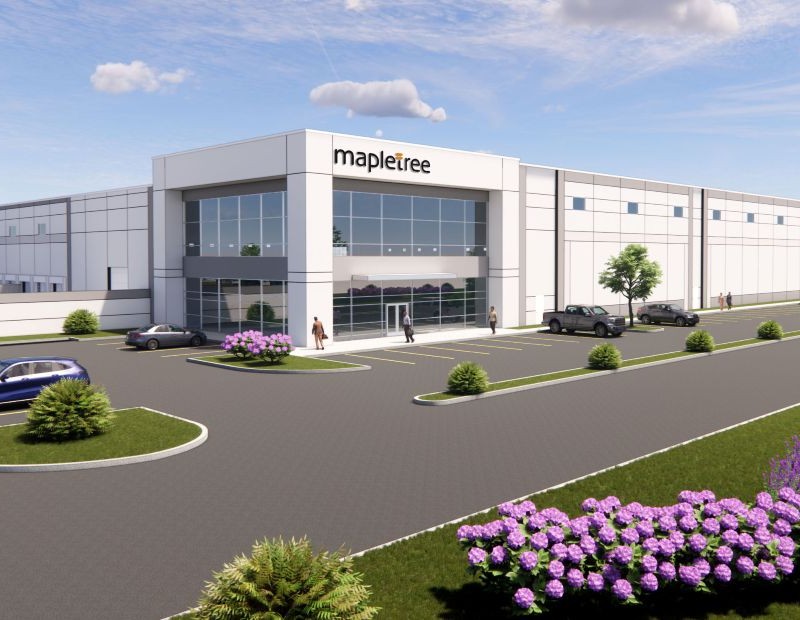
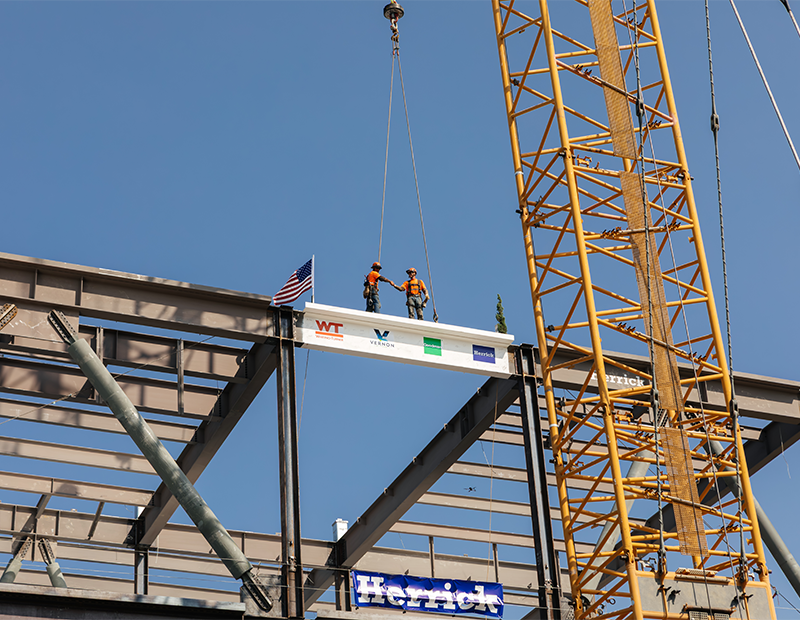
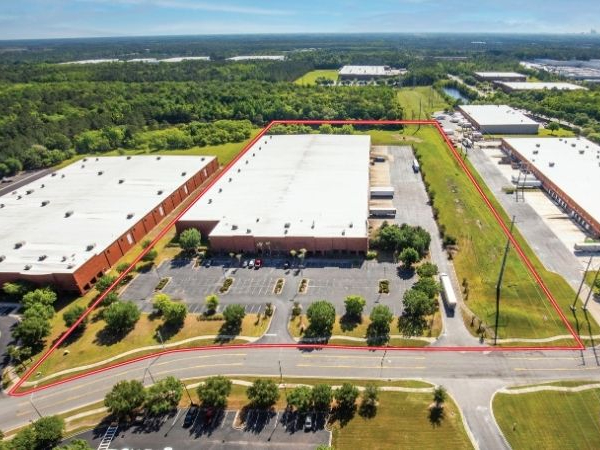

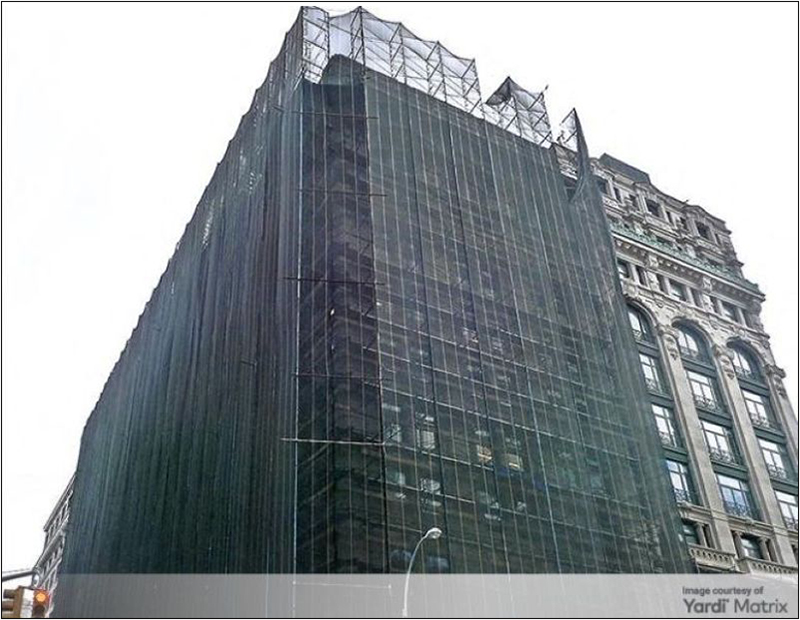
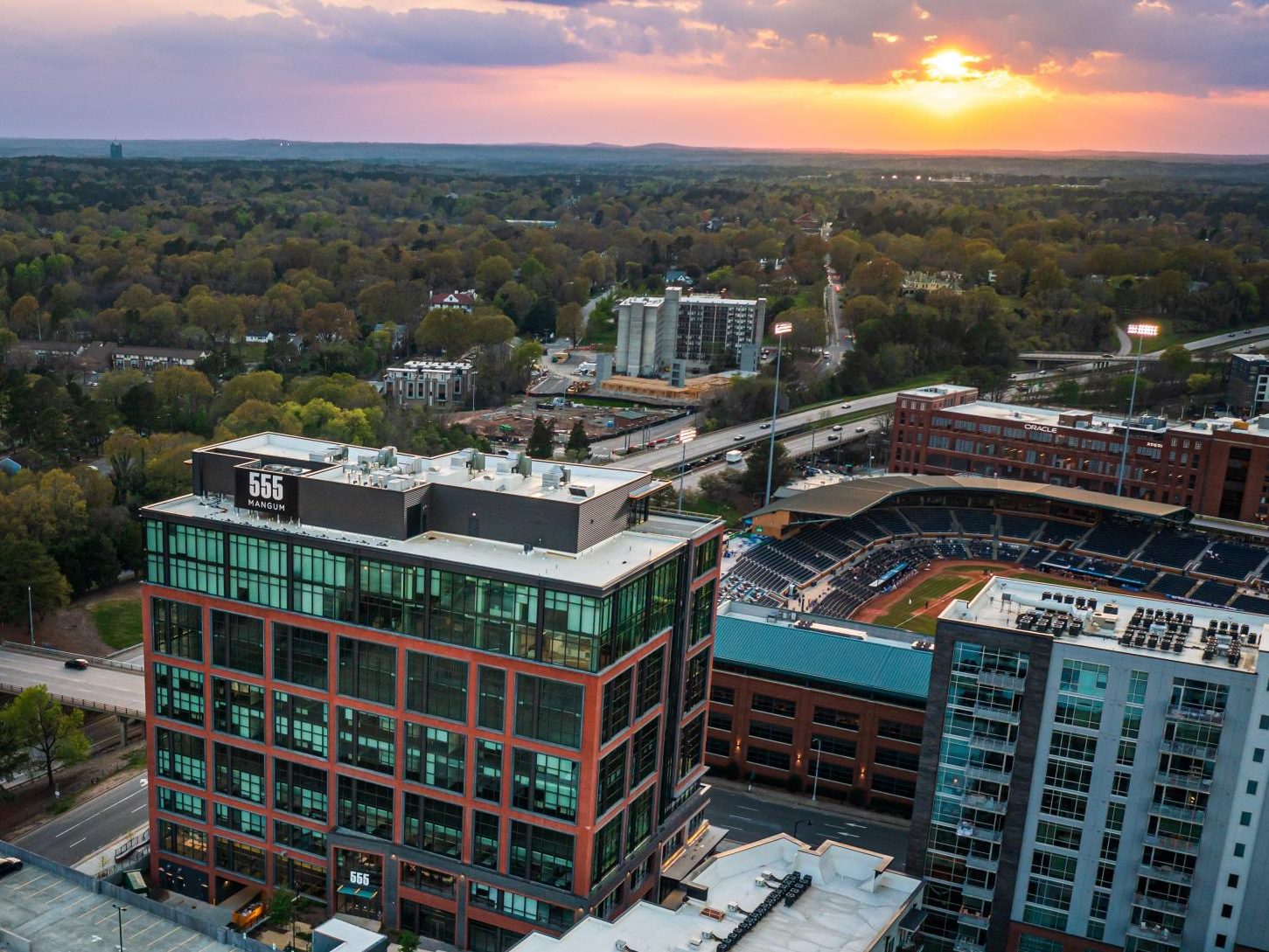
You must be logged in to post a comment.